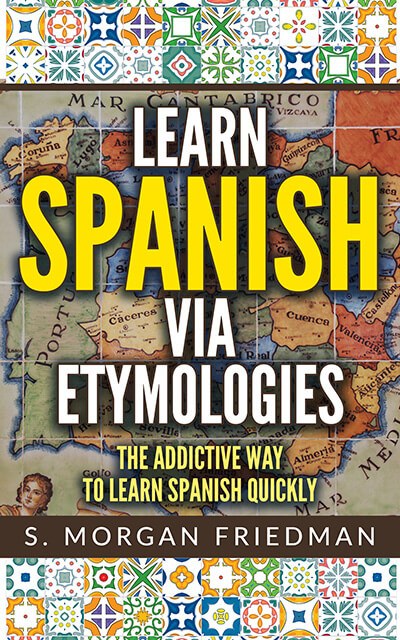The Spanish celoso and the English for the same, jealousy, come from the same Greek root: zelos.
But how did this happen? They should so different!
The answer is that the Latin (and Greek) words with a -ch- sound and variations (like -sh-, the soft -j-, -z-, etc) usually turned into the hard, guttural, throat-clearing -j- sound in Spanish. Think about sherry and jerez, for example, or quash and quejar, or soap and jabón.
Thus, the c-l-s of celoso maps to the j-l-s of jealous.
Curiously, the ancient Greek form — zelos — meant jealousy, but in a more positive sense of enthusiasm and friendly rivalry. In a word: zeal — which also comes from the same root!

